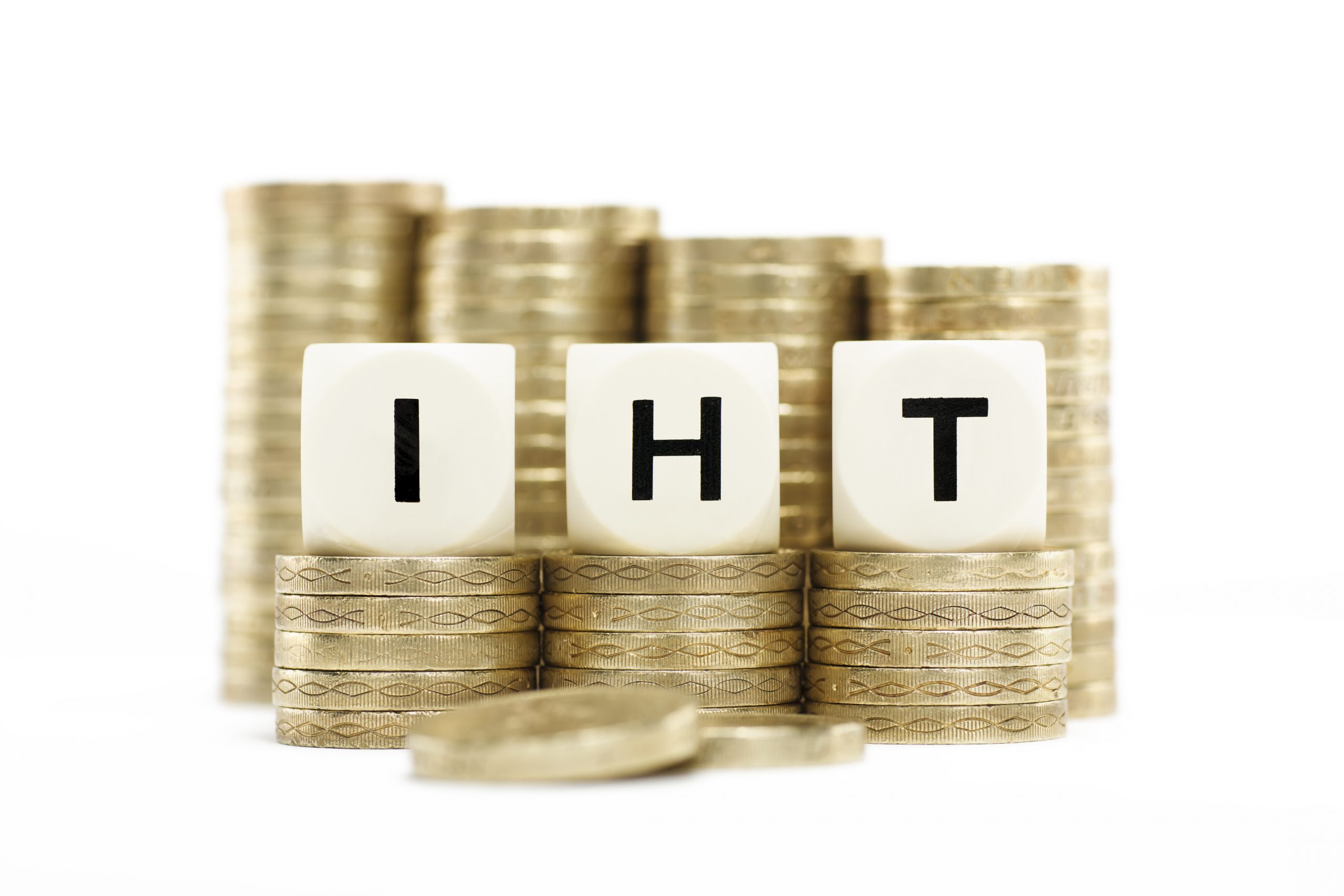Household Bills
Inheritance tax and stamp duty receipts hit new records

HM Revenue & Customs (HMRC) data reveals that both stamp duty and inheritance tax receipts have hit fresh records for the year to date.
HMRC confirmed that the taxman brought in £531m for the month in inheritance tax. It means that for the year to date, £6.4bn has been paid in inheritance tax, setting a new annual record.
In addition, the Office for Budget Responsibility last week revised its inheritance tax forecasts, suggesting that it will bring in around £3bn more between 2022-23 and 2027-28 than was previously forecast.
Stephen Lowe, group communications director at Just Group, said the Government was benefiting from the “pincer movement” of rising property prices and frozen thresholds.
He added: “With an ever-growing proportion of estates likely to become liable to paying inheritance tax, it is increasingly important that people are regularly assessing the value of their estates. This should include getting an up-to-date valuation of any owned property given the substantial house price increases generated through the pandemic.”
Andrew Tully, technical director at Canada Life, said: “Inheritance tax continues to be a profitable pot of money for the Treasury, but if you plan far enough in advance, there are ways to reduce it such as setting up a trust, making use of gift allowances, and potentially passing on your pension as part of your estate, very tax efficiently.
“The tax free allowance is £325,000, so if you suspect your estate might be worth more than this, make sure you get an up-to-date valuation of any properties owned.”
Stamp duty on the rise, but set to fall next year
Meanwhile, around £846m was paid in stamp duty by homebuyers in February, up £19m on the month before.
Coventry Building Society noted that homebuyers are expected to hand over around £17.3bn in stamp duty this tax year, a new record high. However, that figure is expected to drop significantly ‒ by as much as £4.7bn ‒ in the next tax year, 2023-24. This is down to the anticipated drop in property transactions in the months ahead, as the economic situation continues to bite.
Helen Morrissey, head of retirement analysis at Hargreaves Lansdown, noted that stamp duty receipts started the tax year strongly but “have quickly run out of steam” as the property market has slowed.
She continued: “These receipts are up to February and likely relate to sales agreed late last year as the market was starting to unwind the chaos caused by the mini Budget. Added to this, changes to stamp duty will have also had a dampening effect on receipts. We’ve seen mortgage rates come down since then, but they remain higher than many people are used to, and this will likely put them off dipping a toe in the market for now.”
Opportunity missed for reform
Jonathan Stinton, head of intermediary relationships at Coventry Building Society, suggested that the Chancellor had “missed a trick” by not mentioning stamp duty at all during last week’s Budget.
He continued: “We think it’s time for a wider, more creative reform to stamp duty – such as incentivising energy efficient home improvements – as just one of the ways the government should be helping homebuyers. This would also begin to align policy around attaining Net Zero by 2050.
Stinton argued that the current stamp duty thresholds are not appropriate, having not moved in line with house price inflation, meaning that the stamp duty bill is “disproportionately high” in certain areas of the country. As a result “they’re not delivering the changes to the housing market that are clearly needed”.